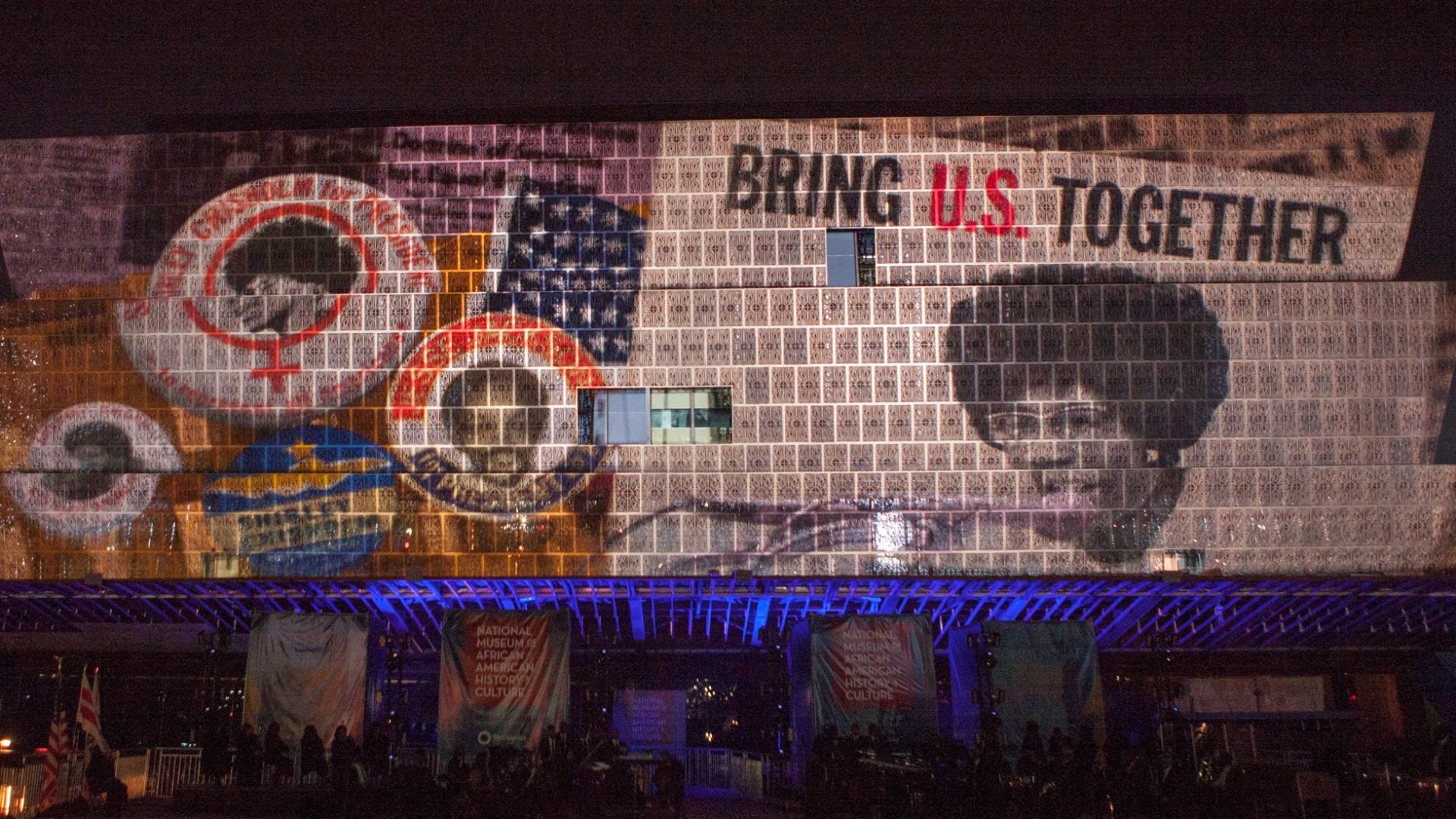
Honoring our undeniable brilliance, cultural contributions and outstanding fortitude is something ESSENCE has consistently done for more than five decades; not merely one (short) month of the year. The United States is filled with undercelebrated Black history museums from coast to coast. Some of them are huge with a multitude of wealthy benefactors while others are modest and are primarily kept afloat by local volunteers. Whatever the size or financial situation, they each have a lot of to offer because the contributions of Black people in America have been painfully minimalized. Even the most well-informed of us still have a lot to learn about the richly layered Black American experience.
Make sure you save and share this story so that the next time you visit any of these cities, you can explore these museums for yourself. Whether you go with family, friends, a partner or by yourself, expanding your knowledge of the unsung Black heroes and sheroes who helped build this country and our culture at large will be something your future self will value forever.
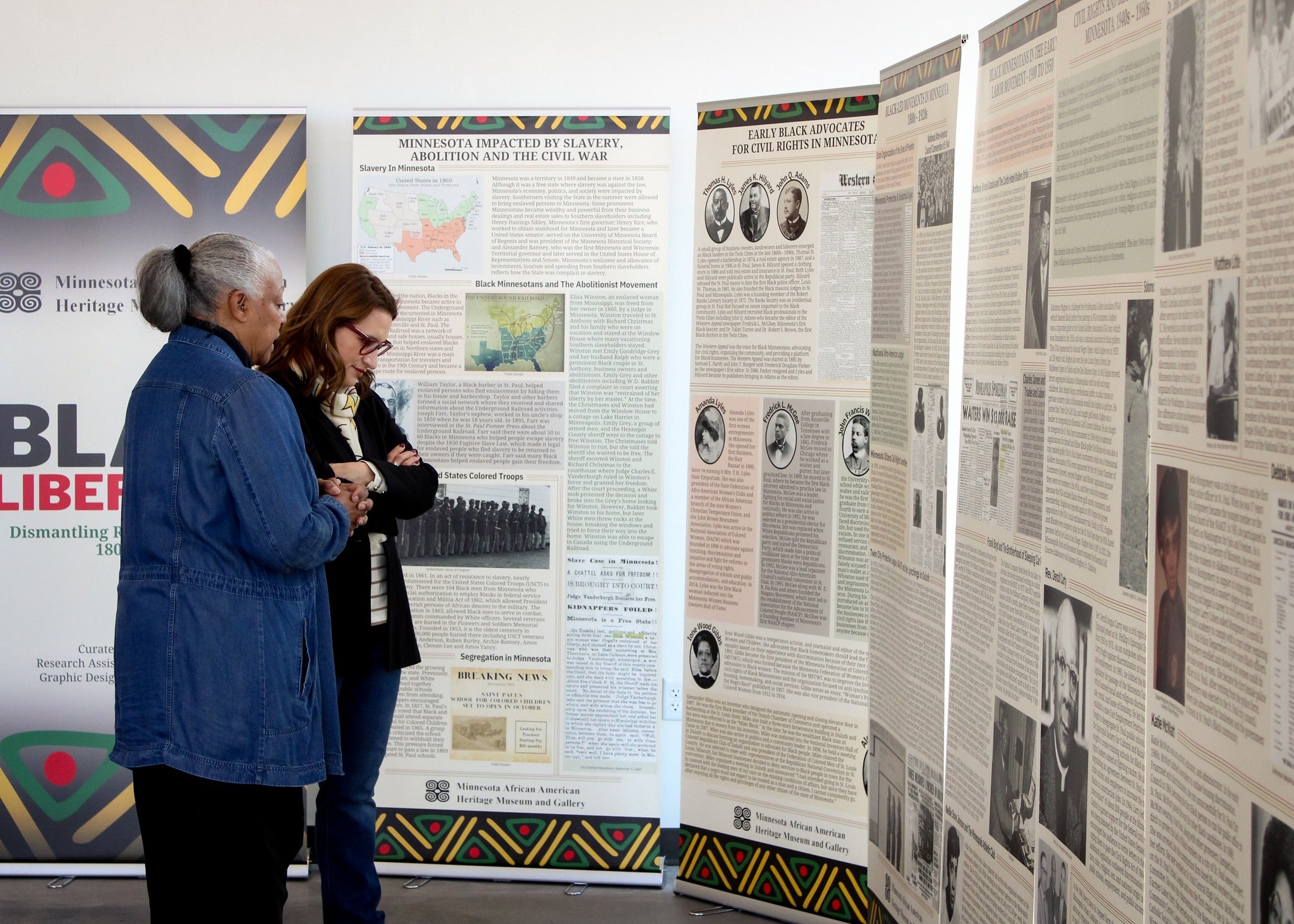
The Minnesota African American History Museum and Gallery
Minneapolis, MN
This museum and gallery preserves the achievements and experiences of African Americans in Minnesota through exhibits, enrichment programs and special events that educate and inform the public about the history, culture, and art of Black people in the midwestern state. https://www.maahmg.org/
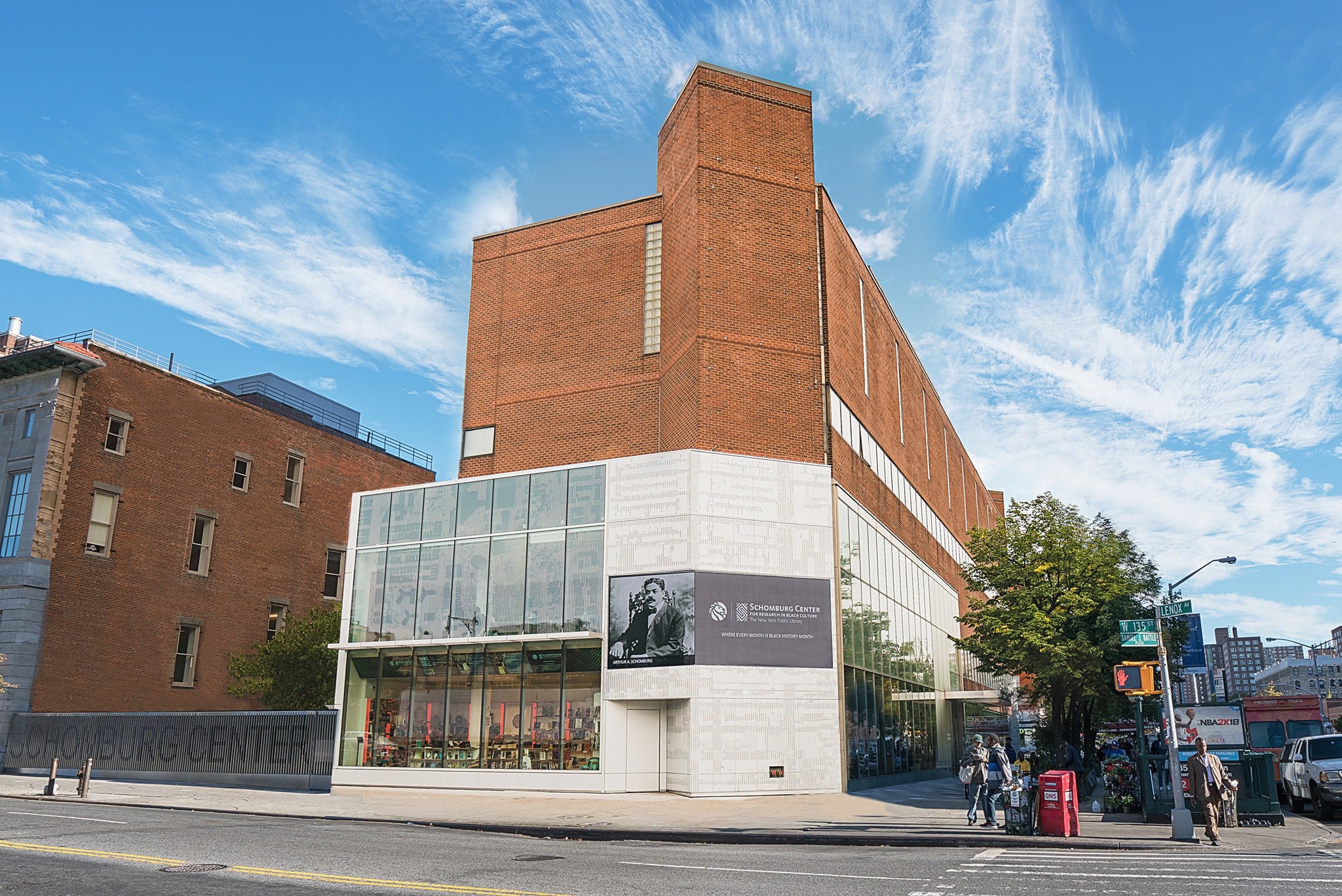
The Schomburg Center for Research in Black Culture
Harlem, NYC
As one of The New York Public Library’s renowned research branches, the Schomburg is a world-leading cultural institution devoted to the research, preservation, and exhibition of materials focused on African American, African Diaspora and African experiences. Plus, their gift shop is lit.
https://www.nypl.org/locations/schomburg
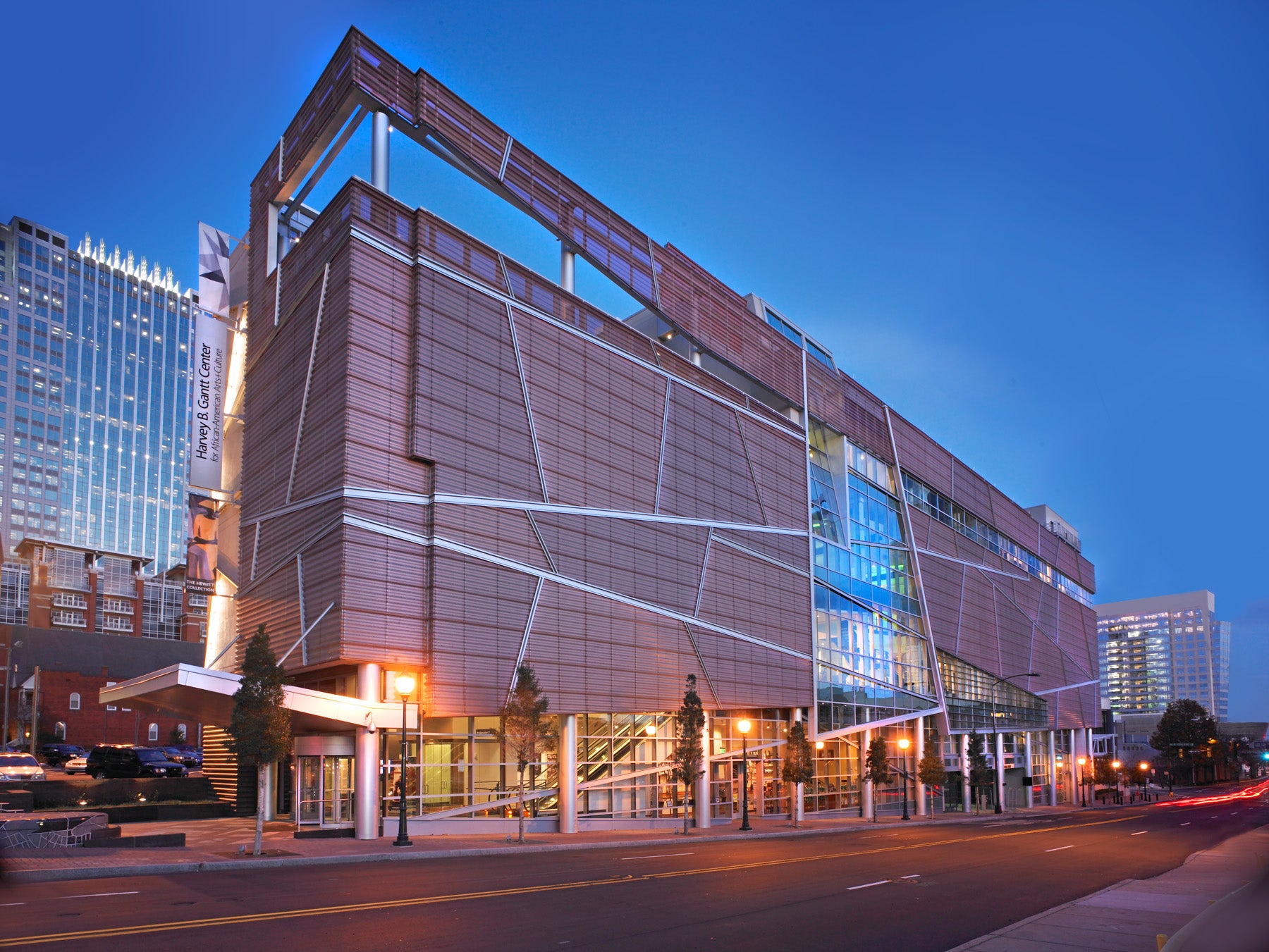
The Harvey B. Gantt Center for African-American Arts + Culture
Charlotte, NC
Named after the trailblazing architect, politician and activist Harvey B. Gantt, this center located in the heart of the city’s business district known as Uptown, regularly hosts a range of powerful exhibitions, prolific performances, thought-provoking panel discussions and more to educate and celebrate the African-American experience. https://www.ganttcenter.org/
The International African American Museum
Charleston, SC
The intentionality of this museum’s location alone is worth a visit. It sits at Gadsden’s Wharf, the first destination for an estimated 40 percent of all enslaved Africans during the peak of the Transatlantic slave trade. Once inside, visitors will be impressed by an abundance of African American stories of triumph over trauma across generations in various mediums. https://iaamuseum.org/
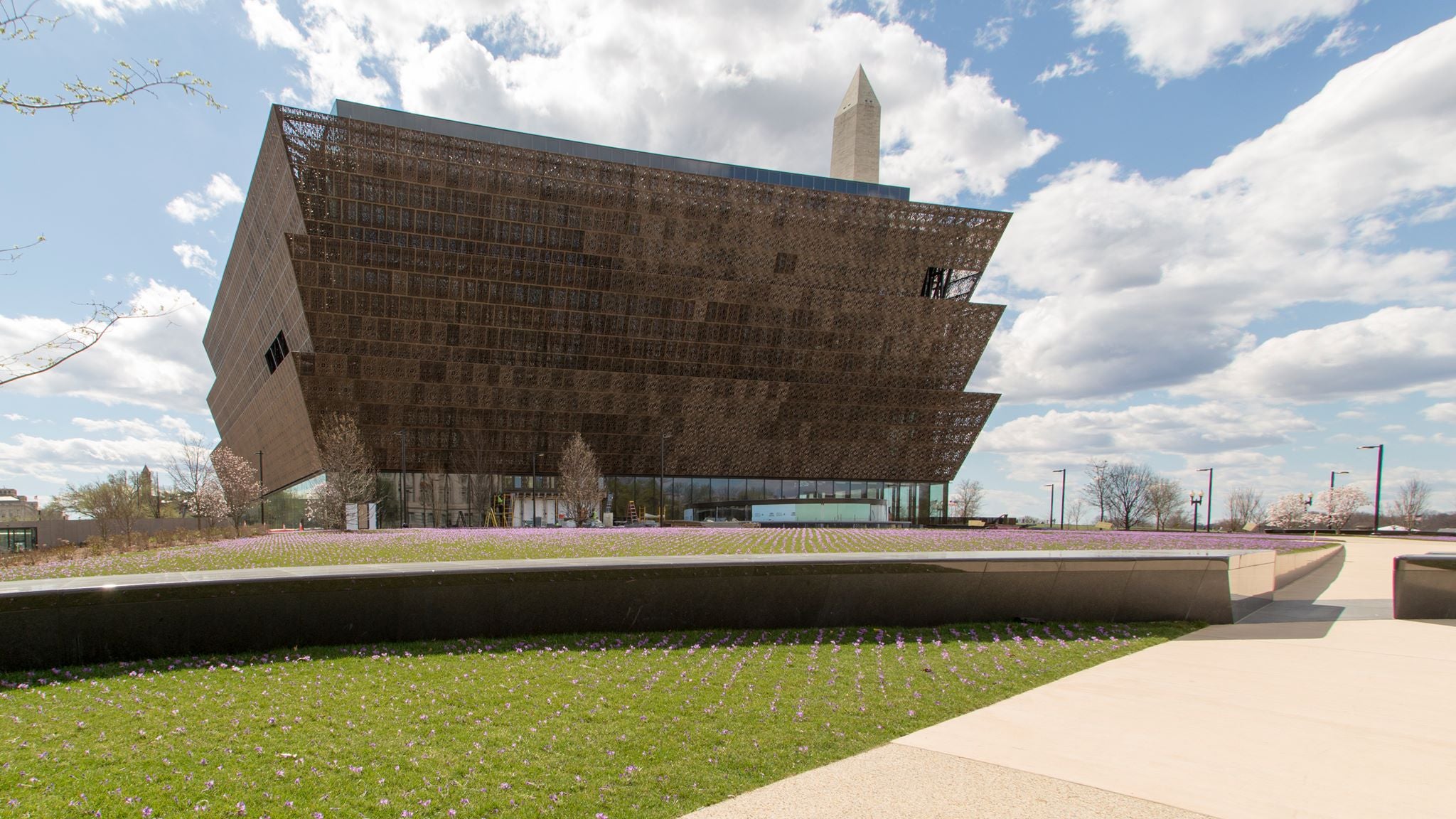
The Smithsonian National Museum of African American History & Culture
Washington, D.C
The Smithsonian National Museum of African American History & Culture is the only national museum devoted exclusively to the documentation of African American life, history, and culture. To date, the museum has collected more than 40,000 artifacts and nearly 100,000 individuals have become members. The museum has 105,000 square feet of exhibition space, which is two times the area of the White House. And yes, it does need to be that big. https://nmaahc.si.edu/
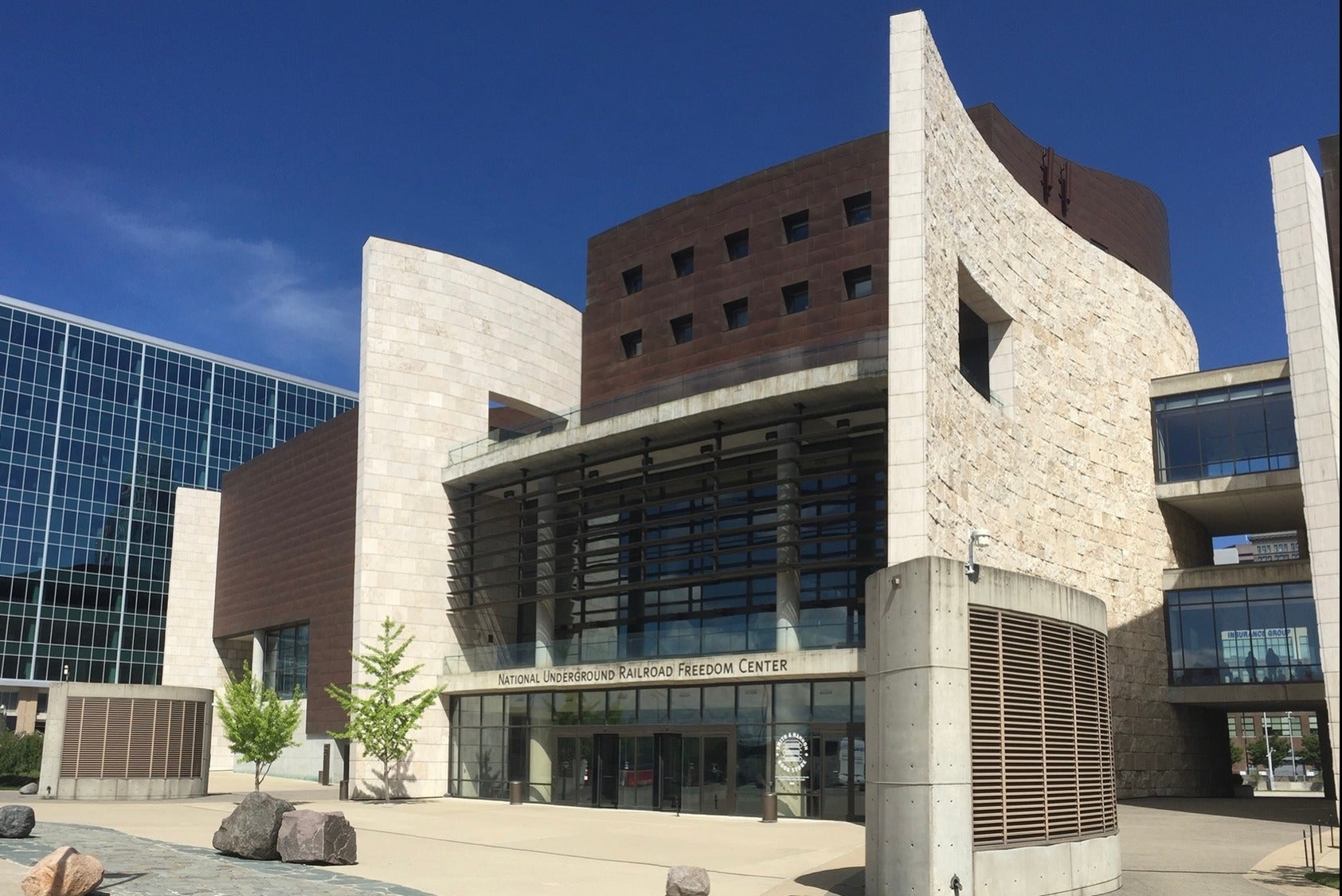
The National Underground Railroad Freedom Center
Cincinnati, OH
This center, rooted in stories of the Underground Railroad, is nestled in the heart of downtown Cincinnati, just steps from the banks of the Ohio River. This same river served as a natural barrier separating the Southern states which enforced slavery from the free states of the North. Since opening in 2004, the center has presented inspirational permanent and moving exhibits, public programming that provokes dialogue and action, and educational resources to equip modern activists. https://freedomcenter.org/
The New Orleans African American Museum
New Orleans, LA
Located in the historic Tremé section of New Orleans, a neighborhood that was home to one of the nation’s largest, most prosperous and politically progressive communities of Blacks by the 1850s, this museum’s mission is to preserve the history and elevate the artistic and cultural contributions of African Americans in New Orleans and the African Diaspora. The museum also hosts a monthly market featuring local Black artisans. https://www.noaam.org/
The Houston Museum of African American Culture
Houston, TX
The Houston Museum of African American Culture (HMAAC) explores stories inspired by themes of creativity, empowerment and innovation through the lens of the African American experience. Cool Bonus: The Buffalo Soldiers National Museum (yes the infamous Buffalo Soldiers were Black) is within walking distance of HMAAC. https://houmuse.org/visit/houston-museum-of-african-american-culture/
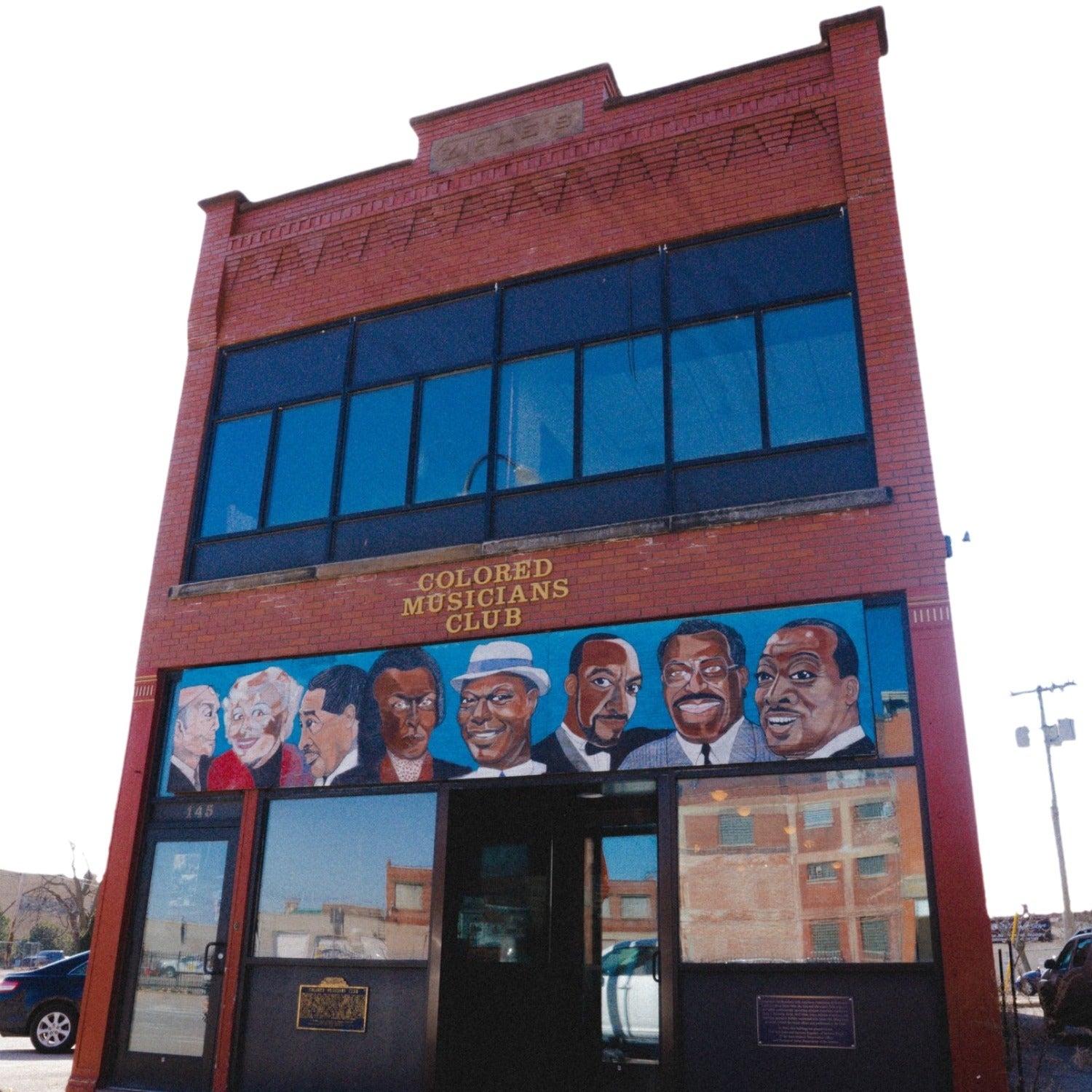
The Colored Musicians Club & Jazz Museum
Buffalo, NY
Honored as a historical preservation site in 1999, this club stands as the sole remaining African American space of its kind in the United States. This impactful venue, where jazz legends such as Duke Ellington, Dizzy Gillespie and Miles Davis once performed, not only functions as a club but also serves as a living jazz history museum. https://www.thecoloredmusiciansclub.com/
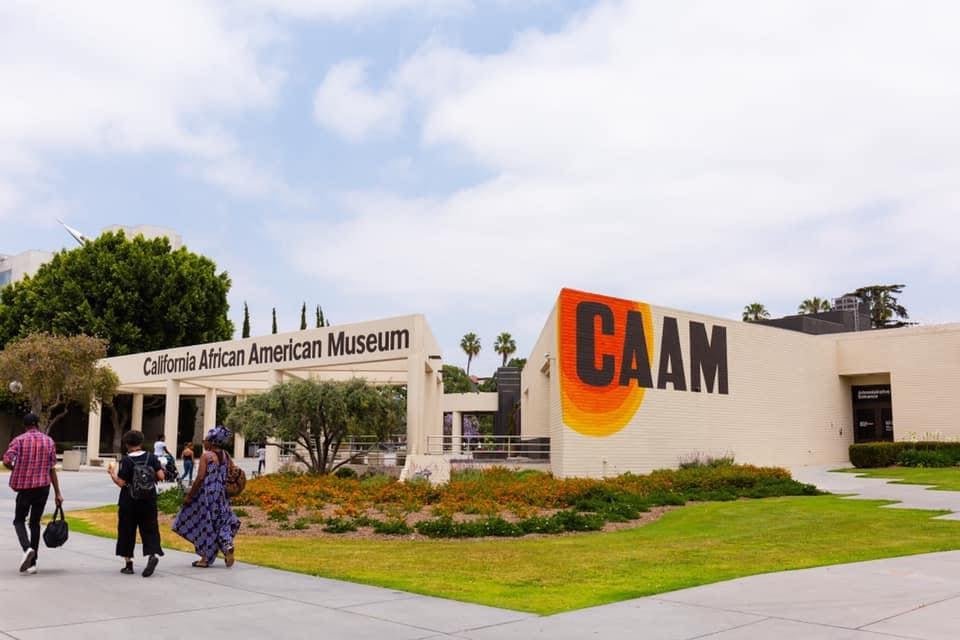
The California African American Museum
Los Angeles, CA
The mission of the California African American Museum (CAAM) is to research, collect, preserve and interpret for public enrichment the history, art and culture of African Americans with an emphasis on California and the western United States. While currently closed due to severe storm-related repairs (at time of this article’s original publishing), CCAM has plans to reopen soon. https://caamuseum.org/
The National Civil Rights Museum at the Lorraine Hotel
Memphis, TN
Located in the former Lorraine Hotel, this museum sits in the same structure where Dr. Martin Luther King, Jr. was assassinated in 1968. In it are interactive exhibits, rare collections and special educational opportunities for visitors to immerse themselves in the civil rights movement. https://www.civilrightsmuseum.org/
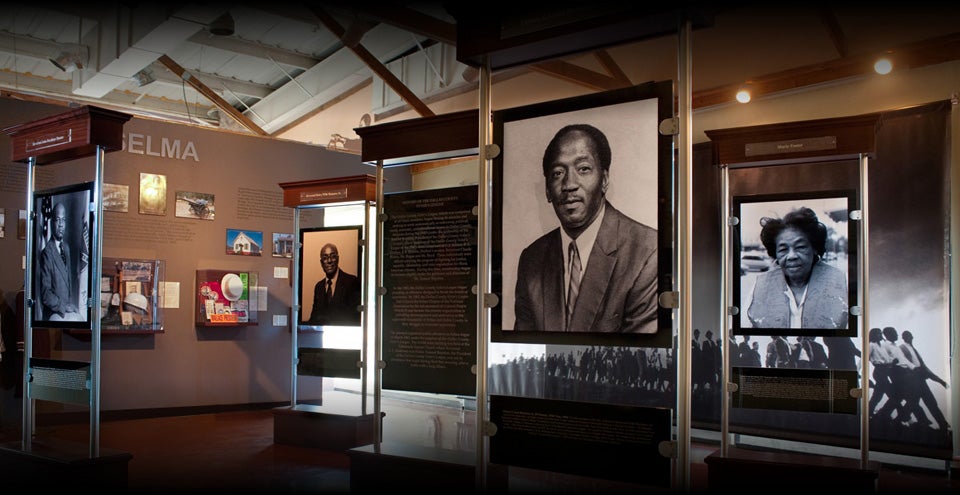
The National Voting Rights Museum and Institute
Selma, AL
Located in Black Belt Alabama town of Selma, this building sits at the foot of the historic Edmund Pettus Bridge; site of the brutal 1965 Bloody Sunday march for voting rights led by changemakers John Lewis and Rev. Hosea Williams. This museum and institute is a must-visit for anyone remotely interested in the remarkable efforts that were made for Black people to fairly vote in America. http://nvrmi.com/